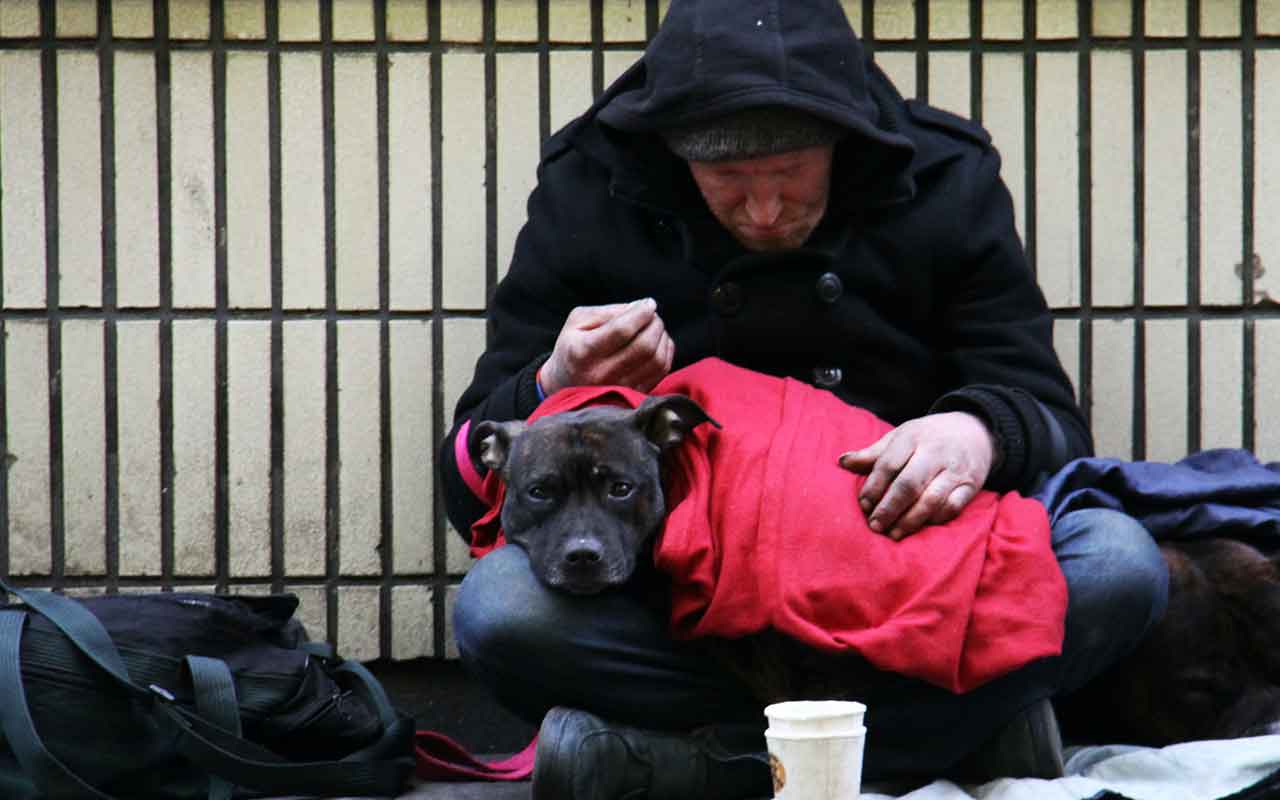In recent years we have become familiar with the term, “spiritual but not religious.” This refers to people who believe in God or the spiritual realm or the universe, but do not belong to an organized church or religion. There can be many types or degrees of such spirituality.
Some come from families who never belonged to organized religion, but who still show some interest in spiritual things. Some have belonged to a church but have simply drifted away from participation and now vaguely connect with the idea of God or the spiritual realm.
Some others have left organized religion after careful thought and prayer. They may have disagreements with their church, its teaching and practice. They find they are not “being fed” in their personal lives. These can be very active seekers, trying to find meaning and who still may be open to an organized church that appeals to them.
Critics of the “spiritual” people may consider them “flighty” or selfish or wanting to be their own religion. We should be careful in judging. First of all, we who belong to organized churches ought to be careful that we are also “spiritual” in the sense of developing our own personal lives of prayer within our structures. Some of the conscious seekers may be more sincere than some of us.
And we need to be welcoming, when the seekers perhaps approach our church door, that he or she will find the spiritual hospitality they need. There are many paths, many journeys into the truth and light of God.


